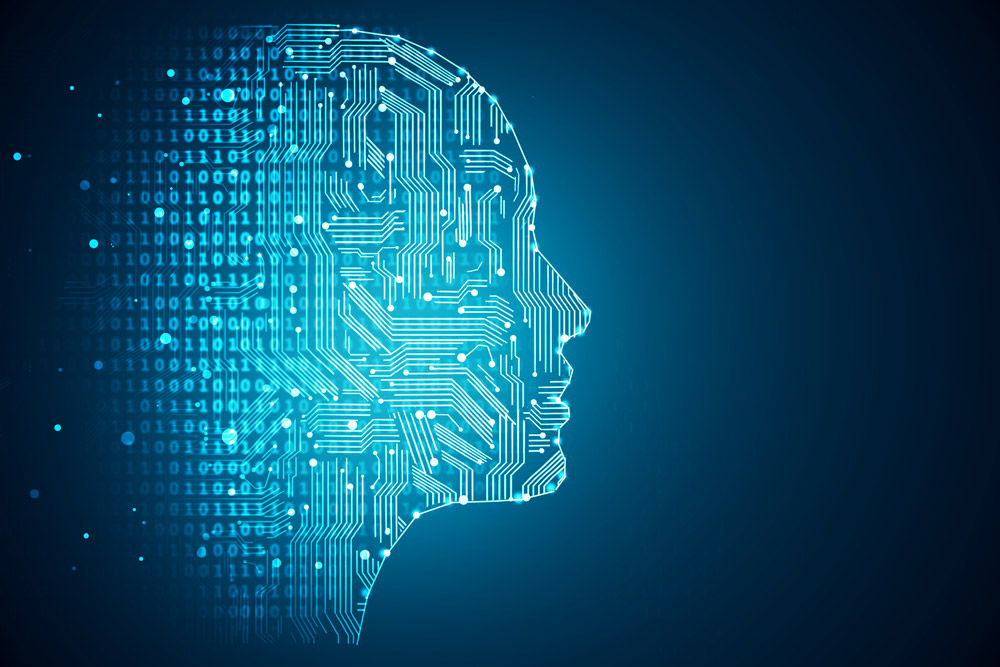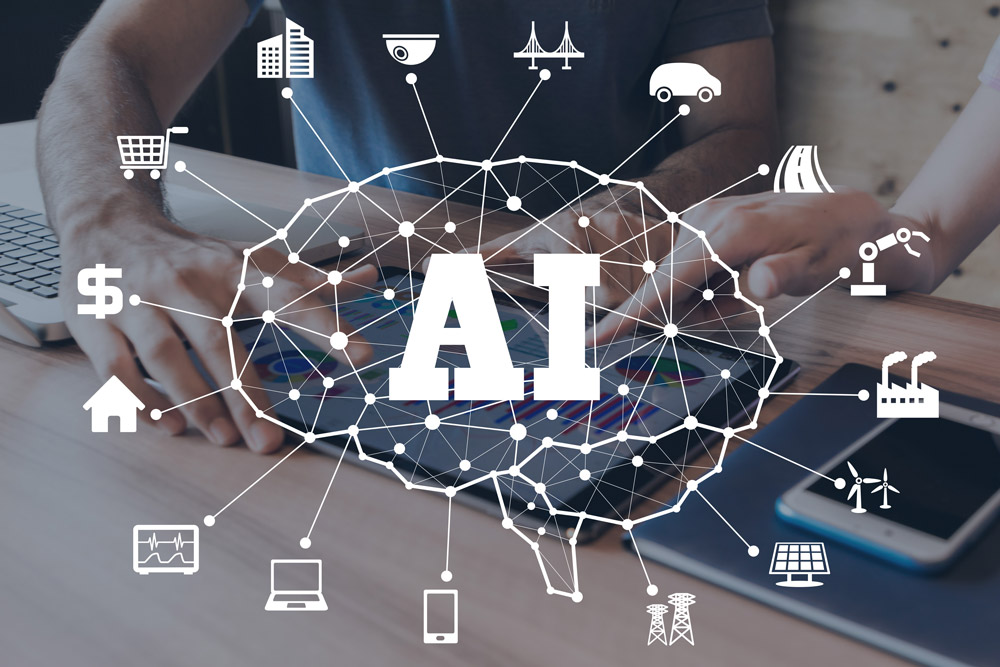Will Technology Replace Human Resources?
With recent advancements in artificial intelligence and self-learning technology, it might be tempting to say that computers will come to manage a large portion of the responsibilities that humans now oversee. But will technology replace human resources to the extent that we won’t need humans anymore? Believe it or not, there is a fair amount of conversation around this topic and it has caused mild concern in the industry. While this may be partially true in some areas — such as data sorting and processing —, AI-based managing systems are currently, and might always be, unable to account for all the nuanc involved in an organization’s complicated processes. Furthermore, technologies and systems will always need oversight.
AI is finding its place in the workforce. Should we be concerned?
Humans Are More “Human” Than AI
As humans, employees need managers who can empathize and foster an environment of belonging. Most like to feel that they are being understood when talking about their work-related problems. This human factor is an integral component in all forms of management practices. It is so important, in fact, that at some point in their career, the vast majority of managers (across all industries) will go through at least one empathy or leadership-related training or seminar.
While AI has proven to assist with processes and create efficiencies in some areas, it has not proven effective at understanding humans. Where there are human employees, there will be a need for good human managers, creating a need for human-led training programs, consultants, partners, and advisors. We are also entering a time when more focus is being placed on work-life balance, mental health, and training. In other words, while AI is making its presence known, more focus and attention are being dedicated to people than ever before.
The other point to consider is the greater need for human workers to oversee technology processes. Where there are systems, there are often system managers. Where there are integrations and new projects, there are often project managers. Human checks and balances will become an increasing need as technology becomes more prevalent.
Human-Technology Symbiosis
The concept of human-technology, or man-computer symbiosis, is an old one. After the loss of chess grandmaster Gary Kasparov to an IBM supercomputer named Deep Blue in 1997, a new series of “advanced chess” has come into play. These are tournaments where machines help human players choose which “perfect tactical move” will allow them to win. This allowed teams of amateur chess players to emerge victorious against grandmasters with the help of basic machines.
In the contemporary business setting, human-technology symbiosis usually involves an employee using a system or program to help with various tasks such as analysis, automated messaging, and scanning systems. It is important to emphasize that many of these emerging programs have been made for humans, not to replace humans. These technologies are created to add efficiencies, vision, and flexibility to the human process; not overtake all human responsibilities.
As technology grows and develops into more workable forms, they can help workers in all industries make better decisions similar to how programs have aided chess players. A computer may give the best prediction out of a given outcome, but the human will still make most of the final decisions in the end, weighing factors that AI can’t comprehend.
Yes, Technology Can Reduce Necessary Manpower
It is indisputable that people will lose their jobs due to advancements in AI technology, especially in the unskilled labor sector, as robotics and machines improve. But, as with the law of conservation of energy, the need for human brainpower cannot be destroyed, just displaced. Trends show that investments in humans will continue to increase across the board. New jobs for humans are being continually created, and as industry grows, so will the human workforce.
The most likely of scenarios is that use of AI and human brainpower will grow together as outputs increase and the landscape of industry and commerce change.
The Final Verdict – Will technology replace human resources?
In the end, machines are made by humans to aid humans. Even though these technologies will replace some employees, human resource managers will remain in the workforce and many departments will likely see expansion as efficiencies create more needs for organizations as a whole.. As long as there are employees to manage, talk to, and supervise, AI technologies can never replace a human professional’s touch. After all, the industry is called human resources for a reason. Talk of an AI takeover in the industry is, in itself, a contradiction of purpose.
Not happy with your current background screening provider? Talk to Peopletrail background screening specialists.









